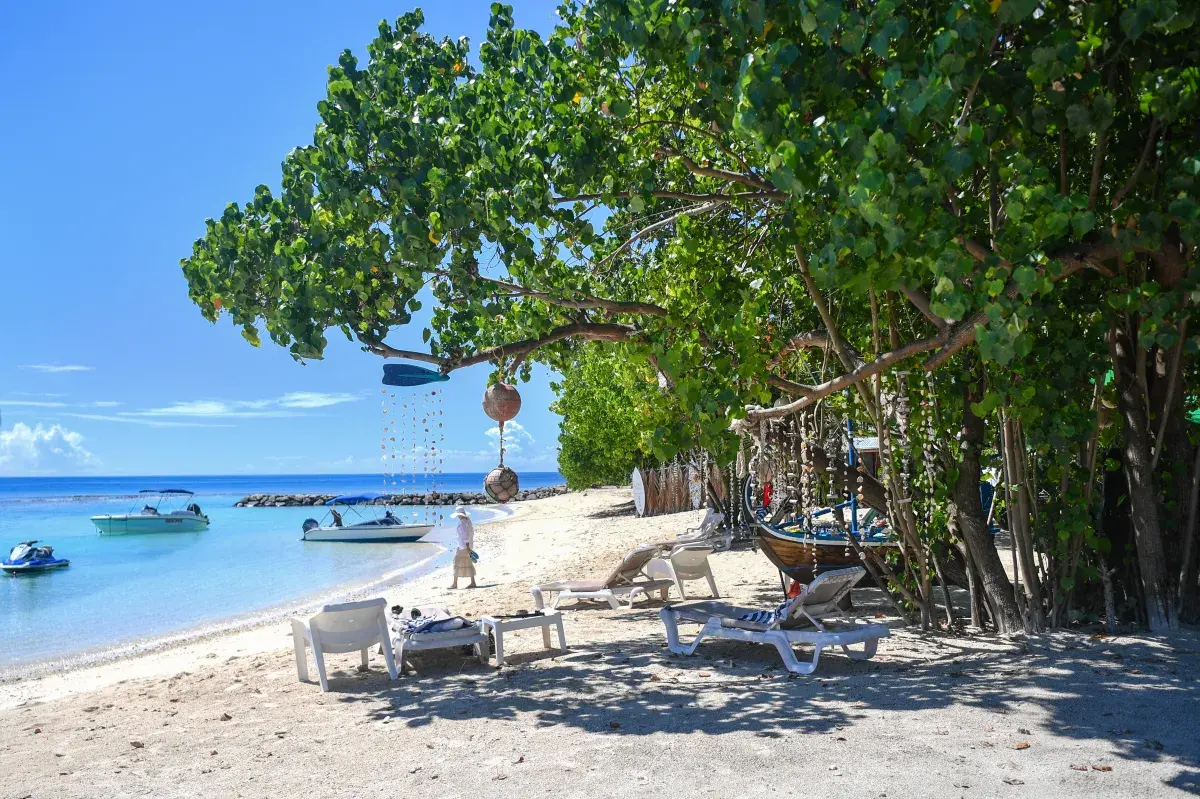
The U.S. Department of State has updated travel advisories for the Maldives and Equatorial Guinea warning visitors to both destinations to “exercise increased caution.”
Although the advisory level for either country was not raised, US officials warned travelers to Equatorial Guinea that they “face the risk of arbitrary enforcement of local laws” and provided further details for those headed to the Maldives on the risks they face. The travel advisory for the holiday hotspot includes a warning on the threat of terrorism.
Newsweek has contacted the State Department for comment in an email sent outside of regular working hours.
Why it Matters
The Maldives is a hugely popular vacation hotspot worldwide. In 2024, the islands welcomed more than two million tourists, a rise of 9.1% on the year before, according to data from the Ministry of Tourism. Although most popular with tourists from China, Russia and the United Kingdom, the US represents one of its top 10 tourist markets, with thousands of visitors every month. Since 2017, Maldivian authorities have disrupted a number of terrorist attack plans, with incidents in the last five years including a knife attack on a politician in the Hulhumalé area of Malé in 2022.
The US State Department has four travel advisory levels. Level one is defined as exercise normal precautions, level two is exercise increased caution, level three is reconsider travel and level four is do not travel. Both the Maldives and Equatorial Guinea are classed as level two.
What To Know
On October 7, 2025, the State Department reaffirmed Level 2 travel advisories for both the Maldives and Equatorial Guinea, but expanded the risk profile for Equatorial Guinea, adding fresh warnings regarding arbitrary law enforcement.
According to the updated Equatorial Guinea travel advisory, “travelers face the risk of arbitrary enforcement of local laws that may result in harassment and detention.”
The summary also warns:
Petty crime is common throughout the country. Local police may lack the resources to respond effectively to reports of crime, even serious crime.
Medical services in Equatorial Guinea are limited. There are no adequate trauma or ambulance services. Even minor health issues may require medical evacuation at the traveler’s expense. Be sure to bring enough prescription medications to last the entire duration of your trip. Make sure you have medical or travel insurance that includes medical evacuation.
Keep a low profile.
For the Maldives, while the advisory level and risk indicators have not changed, the summary was updated.
The official Maldives advisory cautions that terrorist groups “may attack with little or no warning, potentially targeting tourist locations, transportation hubs, markets, shopping malls, and local government facilities.”
Americans are reminded that remote islands may experience slower emergency responses and should monitor local media.
Travelers to both countries are encouraged to enroll in the Smart Traveler Enrollment Program (STEP) and purchase travel insurance.
What People Are Saying
On its website, the US Department of State says: “A Travel Advisory is a report from the U.S. Department of State that describes the risks and recommended precautions for U.S. citizens—not foreign nationals—in a foreign destination. The Department of State has no higher priority than the safety and security of U.S. citizens abroad. Information contained in these advisories reflects an assessment of threats only insofar as they may impact U.S. citizens, nationals, and legal residents.”
What Happens Next
The State Department reviews level one and level two travel advisories every 12 months and level three and four advisories every six months. An advisory is also updated if conditions change substantially.